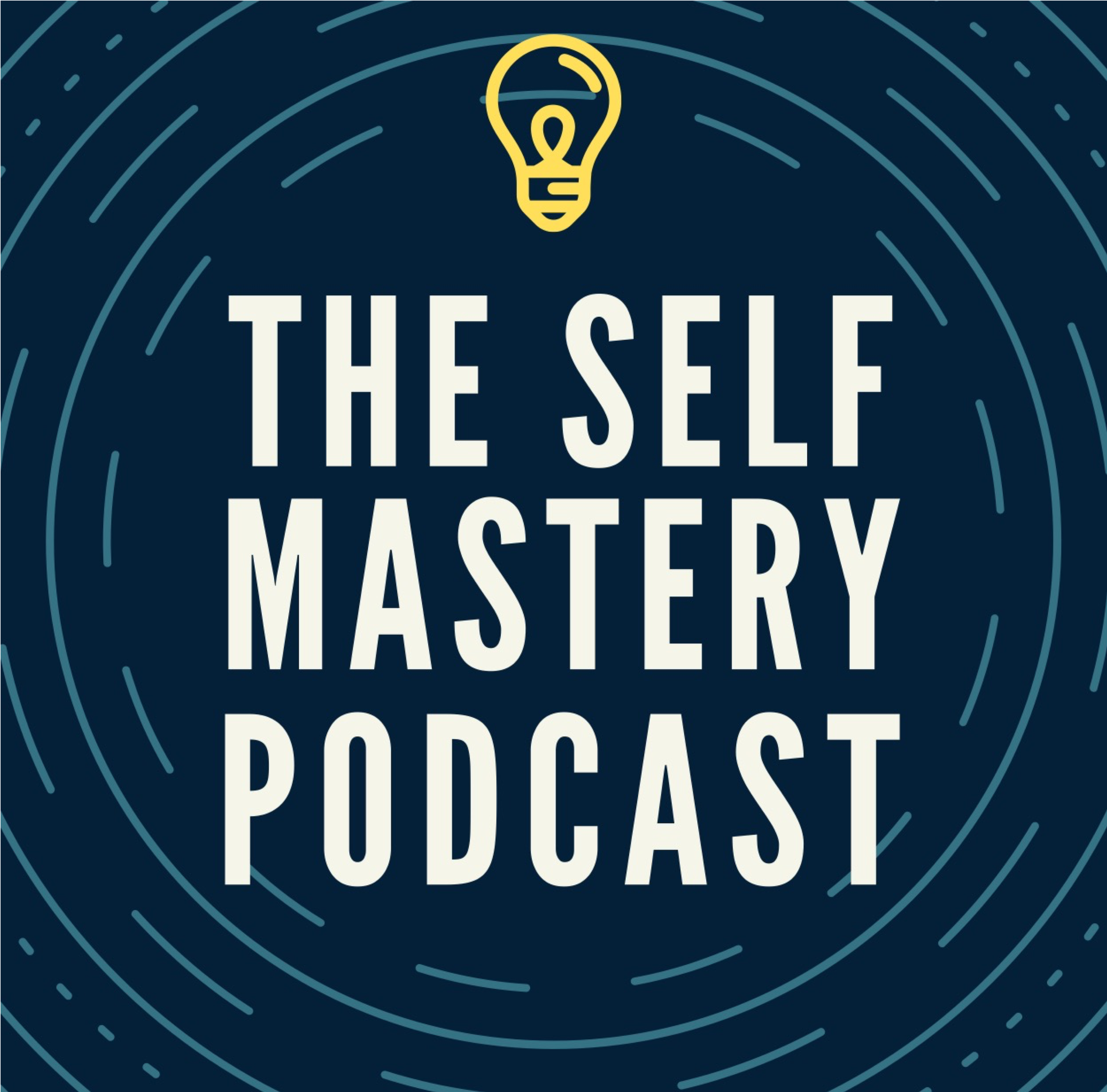Episode 302: Choosing Your Values When Motivation Is Low
Thrive Beyond Pornography is about real change. Overcoming pornography was the hardest challenge of my life and marriage. It shattered my confidence, tainted my most important experiences, and felt impossible to escape.
But I did.
This podcast—and the resources at GetToThrive.com—will help you understand the struggle, break free from pornography, and build a thriving life with your spouse.
At some point, I stepped away from 12-step meetings and counselors. I stopped looking for outside solutions and started figuring out my own mind. That shift changed everything. Here, I share those lessons with you. You’ll get the tools, principles, and mindset shifts you need to reclaim control—starting today.
Whether you're struggling with unwanted pornography use, supporting a spouse, or just feeling stuck, this podcast will help you move forward. You’ll hear real conversations with my spouse, experts in human sexuality, and former users who have broken free.
Thrive Beyond Pornography brings a fresh perspective to your journey, helping you change the way you think—and, ultimately, the way you live.
Transcript
Episode 302: Choosing Your Values When Motivation Is Low
By Zach Spafford | Thrive Beyond Pornography Podcast
Hey everybody! Welcome to Thrive Beyond Pornography. I’m your host, Zach Spafford. I hope you're having an amazing summer—flying the American flag, grilling hot dogs, and enjoying your freedom. I also hope you’re engaging with your neighbors in the spirit of the First Amendment and staying safe with your loved ones.
Today, we’re diving into an essential topic: how to choose your values when motivation is low.
Motivation Is Not Commitment
Let’s start with a key distinction. Motivation isn’t the same as commitment. You can be committed to something and still not feel motivated to act on it. Motivation isn’t the same as living your values, either.
Most people wait for motivation before taking action. You’ve probably said things like:
“I’ll get serious when I feel motivated.”
“I just need to be in the right headspace.”
But here's the truth—motivation is unreliable. It’s emotional, fragile, and inconsistent. If you've ever thought, "I want to change, but I just don't feel motivated," then you've felt the limits of motivation firsthand.
Motivation is great for starting. It's a spark. But it doesn't sustain a fire. It wasn’t designed for long-term, internal change. Values, on the other hand, are steady. They aren't emotions. They’re choices. They're the direction you want your life to move in, even when it’s hard.
What You’ll Learn in This Episode
In this episode, we’re going to explore three things:
Why motivation fails—especially during emotional struggles
How internal battles (like shame, fear, and urges) make motivation unreliable
How to choose your values even in low-energy, low-motivation moments
Because here's the bottom line: freedom doesn’t come from waiting for motivation. It comes from choosing your values—again and again—regardless of how you feel.
Why Motivation Can’t Be Trusted
Motivation is a finite and externally-driven tool. It evolved to help us react to threats. Think: fight, flight, or freeze. It powers us up when we face danger. But when it comes to internal struggles—like urges or emotional overwhelm—there’s no tiger to run from. So the body powers down.
And when motivation fades during these internal moments, it’s not a failure. It’s biology.
So the better question becomes:
What value do I want to live right now—even when I feel low?
Emotional weight—like shame or stress—dulls motivation. When you’ve been through repeated cycles of hope and disappointment, your brain starts to anticipate failure. It withholds motivation as protection. This becomes a form of pre-failure—giving up before trying, to conserve energy.
The Detour Cycle
This is where the Detour Cycle kicks in:
Narrative onset – “You’re not good enough.”
Emotional discomfort – Shame, frustration, fear
Escape offer – Numb out, check out, avoid
Motivation vanishes – Your brain prioritizes comfort over growth
But escape doesn’t align with your values. And that’s the key—alignment beats escape every time.
Shift from Motivation to Values
So how do you choose values when motivation disappears?
Here are three strategies:
1. Clarify Your Values in Advance
You can’t choose values in the moment if you don’t know what they are ahead of time. Ask yourself:
Who do I want to be, even when I feel low?
What values matter to me in struggle—not just in success?
Write them down. Values like honesty, courage, connection, or self-respect can serve as your compass when motivation fades.
2. Shrink the Action
When you feel low, thinking big becomes paralyzing. Instead of asking, “How do I fix this?” ask:
“What’s one small step I can take right now?”
If your value is honesty, text someone and say, “My brain’s offering me porn right now because I feel like garbage.” If it’s growth, write one journal sentence or do ten pushups. If it’s self-respect, pause and breathe—ground yourself.
Small actions, grounded in values, shape your identity.
3. Anchor to Routines, Not Emotions
If you only act when you feel like it, your values remain optional. This is why habits matter.
Ask:
What’s one daily rhythm that keeps me grounded in my values?
Maybe it’s a morning check-in: What value do I want to live today? Or a nighttime reset: Did I act on my values today? Habit-pairing—like reflecting after brushing your teeth—can make values real through practice.
Real-Life Stories
Ryan – Persistence Over Shame
Ryan’s internal voice said, “You’re lazy.” Instead of fighting it, he wrote it down and reminded himself, “That’s not true. That’s just an old story.” He chose persistence—even without motivation.
Brianna – Compassion Over Criticism
Brianna battled perfectionism. When things went wrong, shame followed. She anchored herself to compassion. Each night, she wrote one sentence of self-kindness. It wasn’t a quick fix, but it shifted her direction.
Devin – Courage Over Avoidance
Devin avoided uncomfortable tasks. Anxiety built until he escaped through porn. He realized he didn’t need motivation—he needed courage. His new rule: Take one small step toward the task within 24 hours. Over time, this broke his avoidance cycle.
Final Takeaways
Let’s recap:
Motivation is for external threats, not internal change.
When it fades, that’s not failure—it’s normal brain function.
Your choice is clear: escape into comfort or align with your values.
You don’t need to feel ready. You just need to ask:
“What matters to me right now?”
“What’s one small action I can take toward that—even if I don’t feel like it?”
This is how you shift from avoidance to growth. Not through drama or perfection, but through steady, purposeful choices.
Your Invitation This Week
Pick one value you want to live—especially when motivation is low.
Choose one small action to practice that value today and tomorrow.
Write it down. Say it out loud. Act on it.
Even if it’s messy. Especially if it’s messy.
Because the people who change their lives aren’t the most motivated—they’re the most aligned.
If you want help clarifying your values or building practical routines, head over to GetToThrive.com and schedule an appointment with me. I’d love to work with you.
And if this episode helped you, please share it with someone who’s tired of waiting for motivation and ready to start living on purpose.
See you next week.




